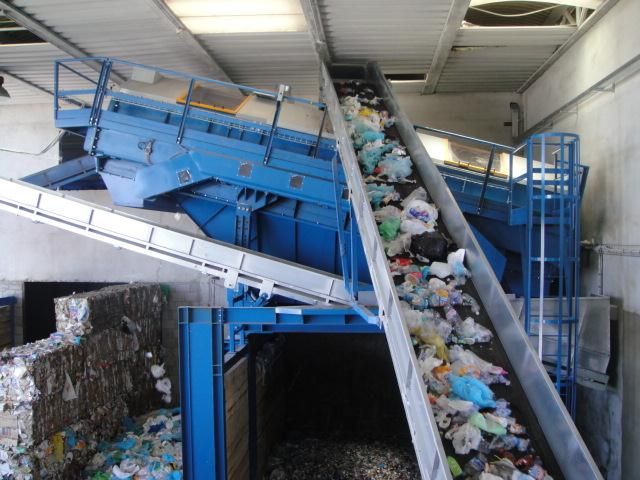Energy Crisis
The International Energy Agency (IEA) said the world faces its...









Alternative fuel, often known as energy from waste, is the process of producing energy in the form of electricity and/or heat from waste incineration. In contrast to other renewable energy sources such as solar and wind, a Waste to Energy plant may work 24 hours a day, seven days a week, producing consistent and dependable renewable energy.
Currently, the majority of our biodegradable trash, such as food, garden waste, card and paper, is disposed of in landfills. It is then allowed to decompose, releasing methane, a strong greenhouse gas. Trash to Energy recovery diverts troublesome biodegradable waste from landfill in the UK and instead converts it into a valuable fuel source for the UK economy.
Get In Touch
Alternative fuel, often known as energy from waste, is the process of producing energy in the form of electricity and/or heat from waste incineration. In contrast to other renewable energy sources such as solar and wind, a Waste to Energy plant may work 24 hours a day, seven days a week, producing consistent and dependable renewable energy.
Currently, the majority of our biodegradable trash, such as food, garden waste, card and paper, is disposed of in landfills. It is then allowed to decompose, releasing methane, a strong greenhouse gas. Trash to Energy recovery diverts troublesome biodegradable waste from landfill in the UK and instead converts it into a valuable fuel source for the UK economy.
Get In Touch
Alternative fuels reduces GHG and volatile organic compound (VOC) emissions
Energy is produced from Municipal, Industrial, and Commercial Solid Waste
Alternative fuels are critical for the immediate and distant future.
Alternative fuels are mainly produced using renewable energy sources, which reduces reliance on natural reserves.










SRF (SOLID RECOVERED FUEL) is an alternative fuel source which is derived from municipal waste. The municipal waste is heated and processed in a refinery ensuring that the end product has the best calorific value. Our SRF continually achieves the higher rate of calorific value with net calorific values often exceeding 4,500. SRF in pellet form can often exceed 5,500 NCV.
We take things seriously. Our plants and refineries have the most advanced technology ensuring that our end product is of the highest quality.
SRF and most alternative fuels have been in use throughout Europe for several decades. Europe is the world's leading expert in use and reformation of alternative fuels. Most fuel produced in Pakistan is derived from fresh waste, such as organic waste, sometimes referred to as 'Wet Waste'. Wet waste often has no calorific value comparative to the high amount of plastic with low chlorine levels in Europe. Several plants have attempted to manufacture SRF in Pakistan within the last decade but have only managed to refine waste to produce RDF (REFUSE DERIVED FUEL), the first stage of manufacturing process. This is mainly due to the lack of high calorific consent.
Yes! Our plan is to develop 2 plants in Pakistan. One in Balochistan and the other in Lahore. These plants we hope to have up and running by 2025. Having invested $16 M in our sites, we are aiming to be the lead provider of alternative fuels in both Pakistan and Asia by December 2025.
The International Energy Agency (IEA) said the world faces its...
Thermal energy (heat energy) radiates from the Sun. Some of this...
Young people in Scotland are taking part in climate strikes from...
Probio is among the world’s leading renewable energy solutions provider.